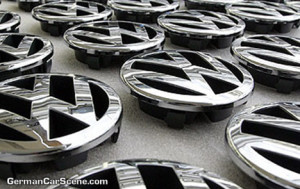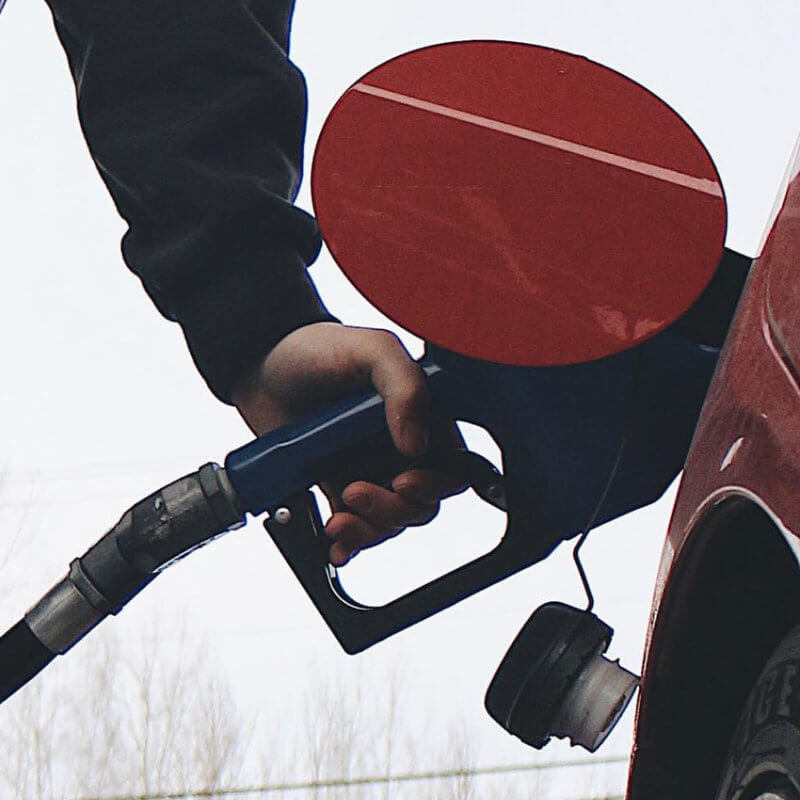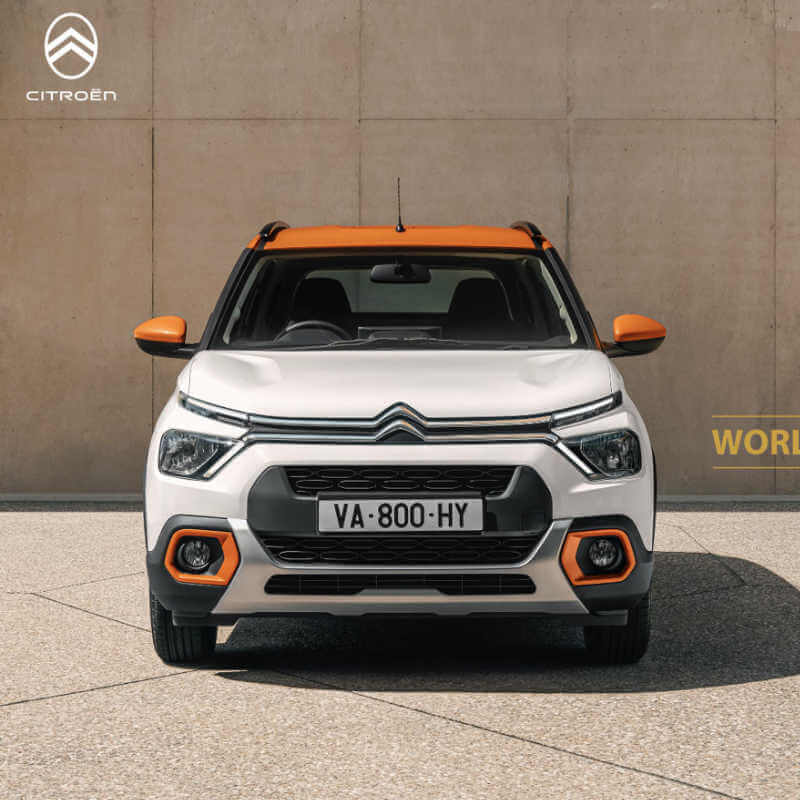Motor industry in free fall, but VW just goes on and on
INSIDE one of the world‘s biggest car plants, there is no sense that global motor demand is in freefall as Germany heads into its worst recession for six decades.
Volkswagen‘s presses thud and hiss as they crush metal into shape, orange sparks fly and workers whistle to music on the radio as they screw on headlights and radiators. Few towns rely as heavily on the motor industry as Wolfsburg in northern Germany. Purpose-built on Hitler‘s orders in 1938 to make the “people‘s car”, about half the town‘s workers have a job directly linked to VW.
Yet the mood is far from depressed. “Things are positive, order books are bulging,” said Claudio Gravina, who has worked in several departments at VW‘s Wolfsburg plant. “There‘s no panic.”
So far, a government bonus scheme has been shoring up demand – and another factor underpins the confidence. With some 178000 workers in Germany, VW is too big to fail and the town knows it.
“VW is so crucial that no one would let it collapse. The consequences would be unimaginable,” said Siegfried Kayser, head of Wolfsburg‘s Chambers of Industry and Commerce.
Among top VW models are the Golf, Passat, Touran and Jetta, although its best known is probably the Beetle, originally the “people‘s car”, or “strength-through-joy car” which became a symbol of the hippie era as the “Love Bug”.
In Wolfsburg‘s centre of concrete, grey buildings – typical of German towns built up in the decades after the Second World War – the bars and cafes are busy and shops are full.
“So far I can‘t see the financial crisis you read about in the papers,” said baker Katja Hering, whose shop relies largely on VW employees for custom. “Next year might be bad but we‘ve had our ups and downs before and we‘ll get through.”
Wolfsburg is defined by VW. The factory – which VW says is the world‘s biggest motor plant under one roof – is big enough to house the principality of Monaco. Its brown brick facade and tall chimneys dominate the skyline.
Wolfsburg‘s main shopping street is named after Ferdinand Porsche, whose “people‘s car” design caught Hitler‘s imagination. VW sponsors Germany‘s top league Wolfsburg football club; schools and colleges bear the name of VW or Porsche.
After the Second World War, during which VW employed forced labourers for the Nazi war effort, the town flourished as the carmaker became synonymous with West Germany‘s economic miracle.
Now, the factory, which can make 3400 cars a day, employs about 44000 people. A further 11500 work at suppliers in Wolfsburg, according to town statistics.
“Wolfsburg wouldn‘t be here without VW,” said Kayser at the Chamber of Commerce. “There can‘t be a Plan B if the unimaginable were to happen to VW.”
Investors have long criticised VW‘s above-average labour costs and have called on the state of Lower Saxony, which owns a 20 per cent stake, to loosen its grip and allow a takeover.
A political battle is raging between the German government and the EU over a plan by Porsche to take full control of VW. The sports car maker has raised its direct voting stake to just over 50% and said that could rise to 75% this year, although under existing rules Lower Saxony could veto that.
But others see VW as a vindication of the German social market model, which shuns the more aggressive shareholder-value focus of Anglo-Saxon capitalism.
They point to the problems being faced by General Motors and other US carmakers and say Wolfsburgers are fortunate compared with workers at GM‘s German unit Opel, which is seeking billions in state aid and faces an uncertain future.
Wolfsburg mayor Rolf Schnellecke says state involvement has guaranteed a social approach among VW workers. “VW has always been aware of its social responsibility and taken steps to avoid redundancies.”
German government policies to save jobs are also helping. The government is, for example, subsidising companies that put workers on short time and avoid layoffs.
VW is also the biggest beneficiary of a measure in the government‘s stimulus package offering ß2500 (R30000) to people who scrap old cars and buy new fuel-efficient vehicles.
Luxury carmakers BMW and Daimler are feeling the brunt of the downturn as consumers opt for cheaper cars.
But VW‘s relative strength cannot mask underlying problems. Chief executive Martin Winterkorn has warned that VW faces one of the toughest years yet and has said he expects vehicle sales, revenues and earnings to decline.
“Wolfsburg isn‘t immune to the global crisis, we are not an island,” Schnellecke said. “The incentives are keeping us going for now, but the big question is what happens after that.” – Reuters
Sourced via weekendpost.co.za







